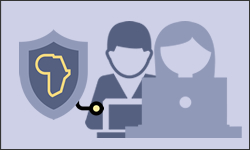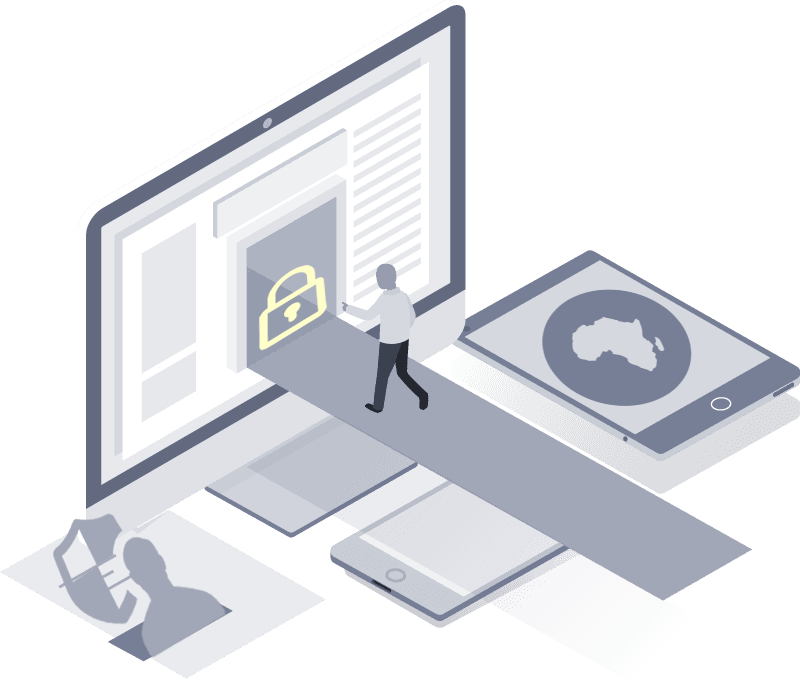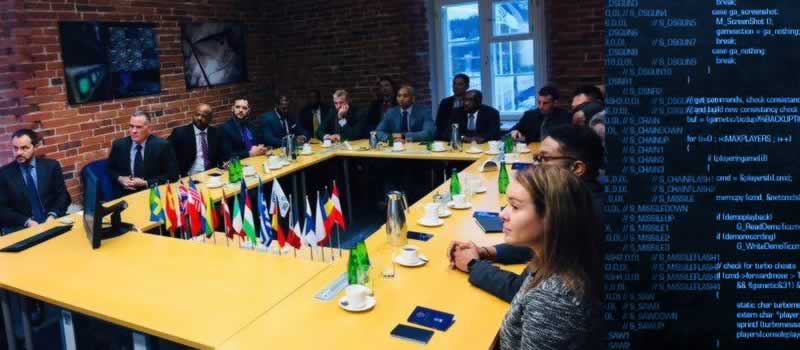Jan 22, 2018, by Ambassador Omar Arouna–When Estonia started building its information society about two decades ago, there was no digital data being collected about its citizens. The general population did not have the internet or even devices with which to use it. Sound familiar?
It took great courage to invest in IT solutions and take the information technology route. WHAT ARE WE DOING IN AFRICA to learn about the best e-solutions that have led to Estonia becoming one of the world’s most developed digital societies.
Our visit to President Kersti Kaljulaid of Estonia in January 2018 and the briefing at the NATO Cooperative Cyber Defense Centre of Excellence was an eye opener and Africa needs to take note from that playbook to meet the new challenges of the digital world.
USAFCG Managing Partner, Ambassador Omar Arouna in Estonia in January 2018.
Financial Sector
Private sector businesses and organizations including their consumer base have become extremely vulnerable online. Digital economies are taking off throughout all the regions of Africa. Cybercrime has emerged and already taken advantage of mobile banking, online banking and financial services delivered regionally. Local support for cybersecurity across the region needs to be strengthened, and financial institutions in the region are demanding training, servicing, and consulting services in cybersecurity.
Public and Private Sectors
Government institutions and agencies in Africa have adopted more technology into their operations and services. The lack of adequate knowledge and expertise to deal with security threats is apparent. Both government and private sectors need to invest in sustained training and education informing and providing tools to consumer base and the population at large of the potential threats to their use of the internet and cyber space.
They also need to build frameworks and guidance on how to reach these goals. The private sector seems to take the lead in tackling and preparing to respond to cyber security threats, but much focused and coordinated action with governments and regulatory bodies remains to be taken to the next levels. Both public and private sectors in Africa are still reactionary for the majority of cases, mainly investing in after falling victim to cyber-crimes.
Energy Sector
The energy sector is increasingly becoming a target for cyber threats, and therefore vulnerable to potential cyber attacks. Risks in Africa are growing due to an ever increasing in populations and demand for access and connections to power grids and utilities. Foreign direct investment in Africa requires stability and security in power supply and infrastructure, which needs to be upgraded with new technologies.
Cyber attacks compromise strategic targets in the power and energy sectors. These threats and attacks have the ability to cause significant disruption to power and utility supplies, which are connected to vulnerable networks. It is important for energy companies to assess and participate in cybersecurity training and information sharing, both among private sector entities and between the private sector and the government.
Governments in Africa are in the process of developing national cybersecurity legislation establishing standards and requirements to enhance the security of critical power and energy infrastructure. It is essential that organisations operating critical power and energy infrastructure integrate cybersecurity training in their operations, technology, business process and human resources.









Share Your Thoughts
Comments